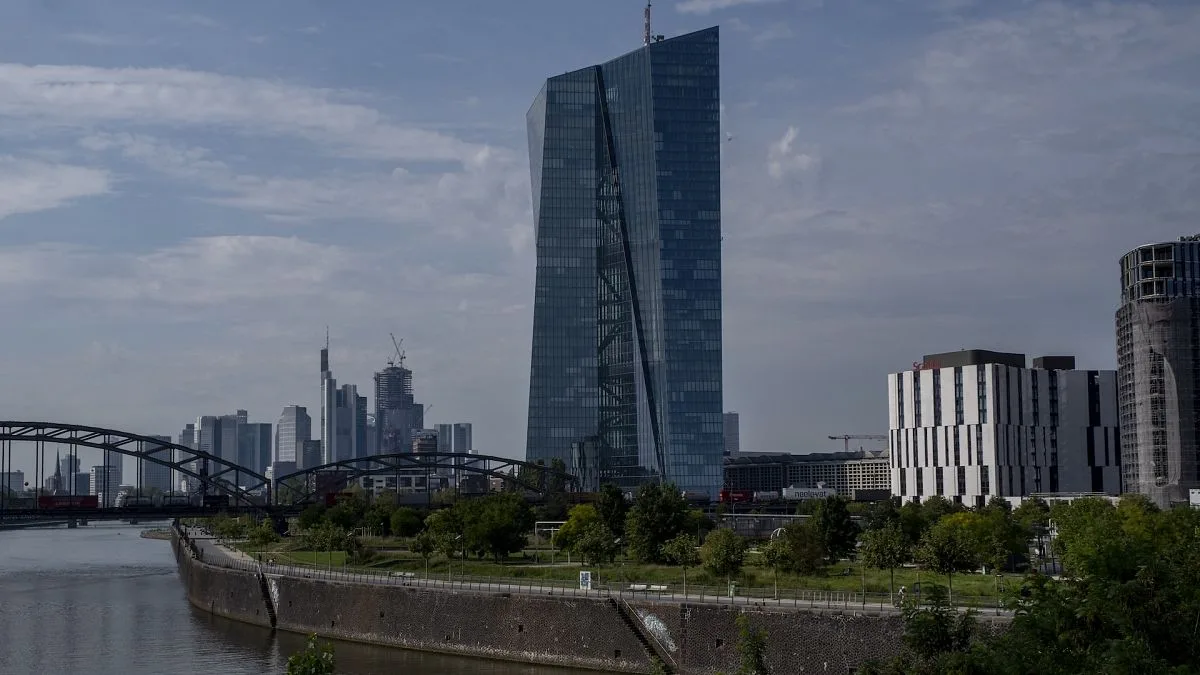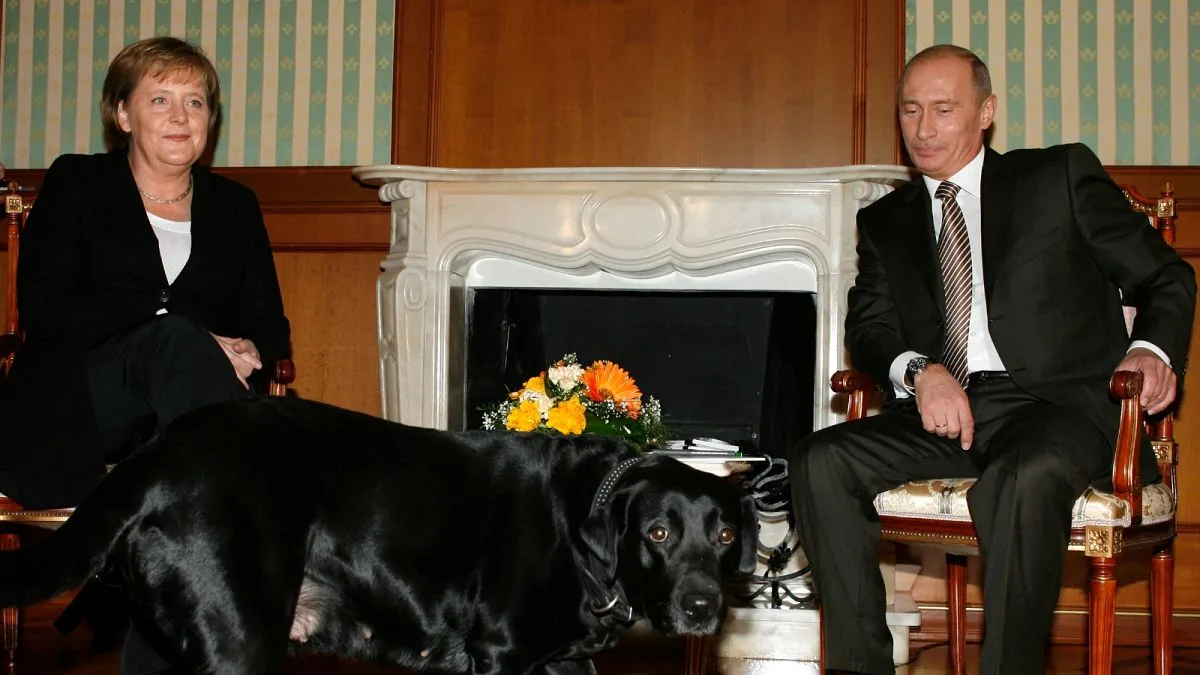Inflation is projected to reach the medium-term target of 2% by 2025, with the European Central Bank (ECB) maintaining a data-driven approach to its monetary policy, avoiding any pre-commitment to future interest rate changes.
ECB Cuts Interest Rates: Key Takeaways
In a recent press conference, ECB President Christine Lagarde announced the bank’s decision to lower interest rates by 25 basis points, stating, “We’re breaking the neck of inflation,” as she highlighted the central bank’s strides in controlling inflationary pressures.
The deposit facility rate has now been reduced to 3.25%, the lowest since May 2023, reflecting a significant shift in the ECB’s monetary policy landscape.
Reasons Behind the ECB’s Rate Cut in October
Lagarde pointed out several critical factors influencing this decision. “The incoming information on inflation indicates that the disinflationary process is well underway,” she stated.
September saw headline inflation decrease to 1.7%, the lowest since April 2021, while core inflation, which omits volatile items such as food and energy, fell to 2.7%.
A weaker economic outlook was another significant rationale for the rate cut. Lagarde elaborated, “The inflation outlook is impacted by recent negative surprises in economic activity indicators,” citing declines in industrial production, poor business survey results, and reduced household consumption across the euro area.
When asked why the ECB opted for a modest 25 basis points reduction instead of a more aggressive cut of 50 basis points, she explained that the decision was based on a thorough evaluation of economic data that, while indicating disinflation, did not warrant a more substantial move at this time. Importantly, this decision was unanimous among board members.
Despite the rate cut, Lagarde assured that the ECB remains cautious regarding future monetary policy adjustments. “We will not pre-commit to any specific rate path,” she emphasized, noting the need to analyze all available data leading up to December before determining subsequent steps. However, she indicated that further actions might be necessary if risks continue to manifest. “If the data trends persist, we will respond accordingly, but we are committed to remaining flexible and open,” she concluded.
Assessing Growth Versus Inflation
When pressed on whether the ECB’s focus has shifted from controlling inflation to addressing growth concerns, Lagarde affirmed, “We are mindful of growth to the extent that it influences inflation.”
Notably, inflation is expected to experience a temporary uptick in the coming months, driven partly by base effects associated with energy prices, before aligning closer to the ECB’s 2% target next year.
Lagarde acknowledged existing risks to inflation, spanning both upwards and downwards. Additionally, she expressed concern regarding rising global uncertainties, particularly the effects of ongoing conflicts in the Middle East and Ukraine.
She highlighted that potential increases in energy prices and trade disruptions could have adverse impacts on an open economy such as the eurozone, reiterating that the ECB is prepared to adapt its policies as needed. “Any increase in trade barriers, tariffs, or challenges to trade will negatively affect the eurozone’s economy,” she warned, yet maintained that the ECB is committed to being responsive to evolving conditions.
Market Reaction: Euro Declines, European Stocks Rally
Following the ECB’s announcement, the euro fell by 0.3%, slipping below 1.0850 against the US dollar, marking its lowest level since early August.
In the eurozone bond markets, shorter-term sovereign yields experienced slight declines, while longer-term yields remained largely stable.
Conversely, European stocks responded positively, with the Euro STOXX 50 index rising 0.8% to 4,950 points. Leading the charge, France’s CAC 40 advanced by 1.4%, reaching 7,592 points, driven by impressive performances from companies such as Airbus (+4%), Schneider Electric (+3.2%), and Carrefour (+2.7%).
Germany’s DAX also reached new heights, gaining 0.8% to hit 19,580 points, with notable gains from Sartorius, which saw nearly a 15% surge, and Merck, which increased by 7%.
Photo credit & article inspired by: Euronews



